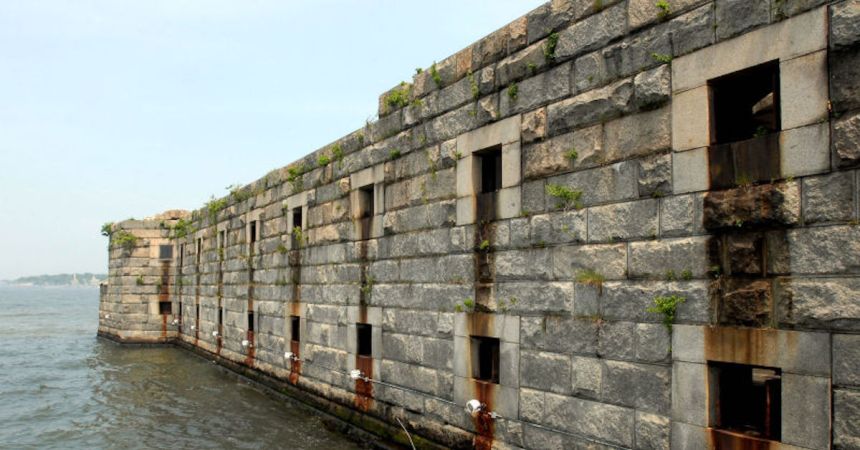Military bases across the country have already received new names, in light of ongoing changes to remove Confederate references to federal property. They aren’t among the only entities getting the upgraded treatment. In fact, an entire list of landmarks will receive new names, thanks in part to research done by a Yale scholar.
Connor Williams, a doctoral student in history and African American studies, served as lead historian of the Naming Commission. He and seven others sat on a panel that took on the Herculean task of choosing new names for various DoD properties. The list includes military bases, roads, monuments, buildings, and more, for a total of hundreds of new names. In his role, Williams provides the history of key people, including how they served their country during the Civil War era.
These efforts have been controversial by removing names of those who promoted slavery or served the Confederate side of the Civil War.
New names were piled into a list, Williams told his alma mater, added once they met certain standards, including having a mission to the region or post, those who had “demonstrated extraordinary valor or military service,” those who had inspiring stories and people who are no longer living.
After an initial list of more than 35,000, it was narrowed down to 150 with the help of historians. The group created short sketches that displayed each’s history. Finally, a list of 87 names was sent to Congress for approval.
This includes the renaming of nine major military bases, many of which have already been adopted.
- Fort Barfoot, Virginia (formerly Fort Pickett)
- Fort Novosel, Alabama (formerly Fort Rucker)
- Fort Moore, Georgia (formerly Fort Benning)
- Fort Liberty, North Carolina (formerly Fort Bragg)
- Fort Eisenhower, Georgia (formerly Fort Gordon)
- Fort Walker, Virginia (formerly Fort A.P. Hill)
- Fort Gregg-Adams, Virginia (formerly Fort Lee)
- Fort Cavazos, Texas (formerly Fort Hood)
- Fort Johnson, Louisiana (formerly Fort Polk)
Other changes will be implemented by January 1, 2024, as ordered by Secretary of Defense, Lloyd J. Austin III, who enforced the panel’s ideas.
On the decision to rename these landmarks, Williams said there is a key starting point to consider.
“Whatever one wants to think about the Confederates — whatever they believed about states’ rights or the right to secede from the Union — they were insurrectionists who unquestionably killed hundreds of thousands of U.S. Army soldiers. This is where history helps because many people sincerely believe that during the war, the United States had split into the Union and the Confederacy — separate, equal nations with its own government.”
As for the public response to the proposed new names, Williams said the response was mostly positive.
“I learned very quickly that many people who genuinely care about history, care about facts, and care about memory didn’t hate the idea of removing Confederate names. They just didn’t quite understand why those names should be removed.”

















